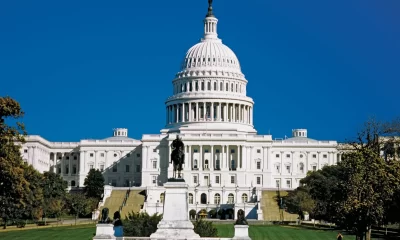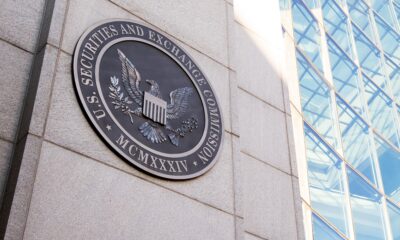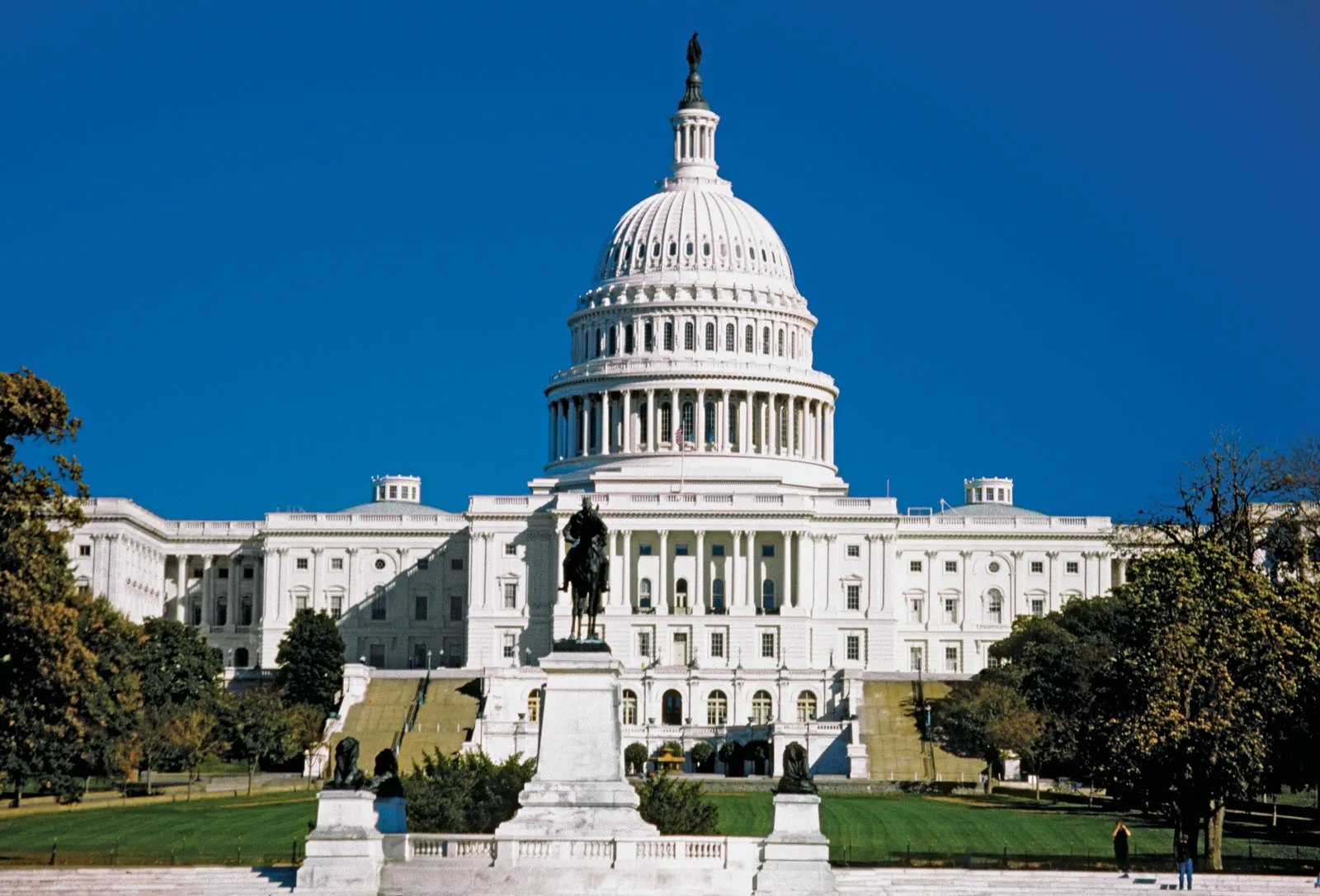Business
Terraform wallet moves $62M BTC as Do Kwon remains in legal limbo
-

 Business1 week ago
Business1 week agoCircle stock jumps 167% on NYSE debut
-

 Business1 week ago
Business1 week agoJapan’s ‘Strategy,’ Metaplanet, to buy 91K Bitcoin in next 18 months
-

 Business5 days ago
Business5 days agoKenya’s crypto tax could hinder Africa’s digital growth opportunity
-

 Business1 week ago
Business1 week agoEuropean Parliament to vote on tech sovereignty proposal in July
-

 Business4 days ago
Business4 days agoNasdaq-listed fintech Netcapital acquires crypto native protocol Mixie
-

 Business1 week ago
Business1 week agoYuga Labs looks to replace ‘unserious’ ApeCoin DAO with new ApeCo entity
-

 Business5 days ago
Business5 days agoMetaplanet shares jump after $5.4B plan to buy Bitcoin
-

 Business5 days ago
Business5 days agoTether USDT stablecoin seen on Bolivian store price tags






























